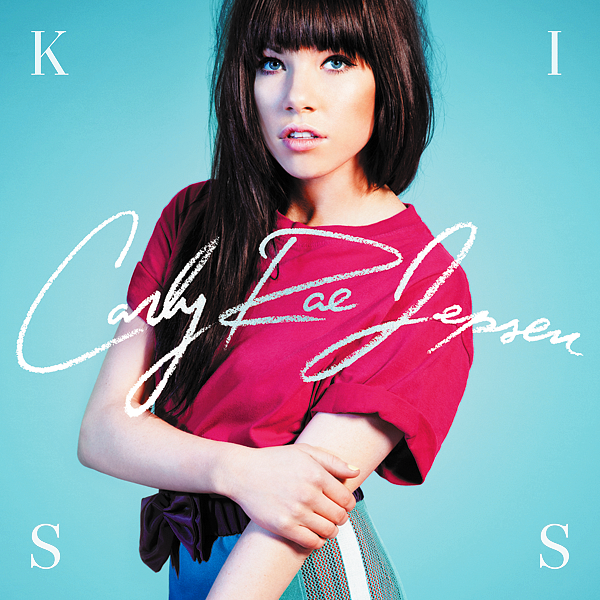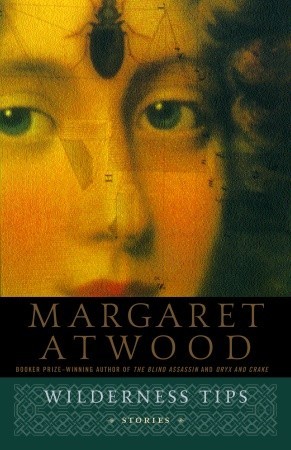 Note: this series has been dropped at episode 14
Note: this series has been dropped at episode 14
Unlike the main protagonist of this anime, I do not have much strength to withstand torture. Put me in the clutches of a diabolical serial killer/torturer, and I have no idea what I’d do. Ryuji, our hero, is one of a kind. Bards should sing about him in taverns all across Tamriel. For 14 episodes, he stands Taiga’s relentless abuse with a smile.
In one of the greatest songs ever written, the extremely white lead singer of the Smiths sings about how it’s so easy to laugh and so easy to hate. Kindness and gentleness are difficult, and I do agree with him. That said, I wonder if the band and their fanbase would change their mind if they saw the anime. Actually, considering how huge this anime is, becoming iconic in the school genre – I think they won’t.

I’m a defender of the school genre. Many rant about how immature and derivative it is, but few people didn’t go to school. A lot of things happen in school and you meet a lot of people, so it’s a place rife for stories. Its low-key and stable environment actually makes it excellent for stories driven by characters. Conflicts will have to rise from within and not an external UFO coming to wreck the party. These shows rely heavily on their characters, and it’s enough to have a decent, odd cast – see Haganai – to make something decent. Toradora is a major failure because of how insufferable its cast is.
Since we’re talking about symbols and not actual human beings, I need to find a way to explain why and how disgusted I was with them and how that lead me to conclude this anime is horrid crap. Many a great story are about horrible people. In fact, one of the best novels ever is about such a terrible murder. It’s their darkness, their psychology and reasons for being so that makes them so intriguing. How frightening these characters are because we understand them and see us in them. Part of our obsession with villains and their backstories, or with serial killers’ childhoods is because we want to know why they’re like this.
Everyone in Toradora is a bit of an asshole. Actually, only two characters are but they’re so dominant that it’s easy to forget about the rest. Taiga is the big problem, since she’s both the main character and the worst. Tsunderes can often seem creepy, sometimes borderline Gacy-like sadistic. None of them are as bad as Taiga.
The archetype can be funny. Tsunderes’ appeal is their insecurity, how they address the Presentation of Self in Everyday Life – we put up a front in every social interaction, putting a different front in different places. The best Tsundere, Neptunia‘s Noire is all about this. Humor never comes from her being violent – she’s rarely is – but how hard she works on her image.

In contrast, Taiga is nothing but violence. She reacts to everything with violence, like a 10-year-old playing Elder Scrolls and thinking that it’s supercool to kill every NPC. She may not kill anyone, let alone essential NPC’s but it doesn’t make it any less creepy. In every episode, she beats up people at least 5 times. Her reactions are always with force, causing clear pain to the other characters. I’d expect anyone to beat her in return the first time.
The fact Ryuji stays there is flat-out creepy. Moreover, she treats him with pure condescension. Rarely, if ever, she addresses him in a way that’s not hostile. Early in the series they make a pact to help each other, but Taiga doesn’t actually help him until the middle of the series. All the episodes are about the characters doing stuff and Taiga beating people up. The anime never answers why, exactly, Ryuji puts up with so much physical abuse.
Yes, ‘abuse’ is the only word that can describes their relationship. Switch the sexes. Imagine if Ryuji was constantly beating up Taiga, calling her ‘bitch’ and so forth. It’s nothing but sick. You can only watch it for so long before getting tired of this torture porn thing. Not only Taiga is violent to everyone, she also has a weird entitlement problem. She expects Ryuji to take care of her and do everything for her. She never asks, demands with the expectations that Ryuji must do it for her.
In the end, she’s nothing but a horrible person who beats up everyone but also thinks everyone owes her everything. Now, a character being a terrible human being isn’t enough. How their actions are framed is important and now we get to the main problem. Taiga is framed as okay.
A backstory occasionally rears its head, feelings of insecurity do show themselves. None of is it actually dark, none of it gives us a glimpse into a troubled psych that can only react with violence and cannot connect to people. The backstory may justify anger, but the anime never acknowledge how bad Taiga’s case is. No one around her also reacts like they should. They treat her like she’s a quirky friend, someone who occasionally goes off, like that friend who swears a lot. This is a person who’s in desperate need of help and a lawyer. It’s no longer a person having anger issues but a criminal that everyone tolerates because the plot demands it.

Such light framing of dark material is unforgivable. Humor doesn’t have anything to do with it, but how the frame never addresses the darkness of it. Physical abuse leaves people with trauma. People react harshly to physical abuse. If people stay for a long time with a physical person, being nice to them and doing what they want it means they got issues of their own. I can’t stress how dark this material is, yet the light framing is disrespectful to anyone who went through physical abuse.
Taiga and the framing of her behavior towers over the anime, so everything else ends up pointless. No matter how hard they try, the creators frame Taiga as quirky and cute. Nothing can salvage the anime, but then again it doesn’t seem they try. There isn’t much in the way of stories or characters. Ryuji is like that dude from Haganai only not as hot. Somehow he manages to be perfect and eventually the center of the harem because he’s nice to everyone and doesn’t have wants of his own. To the anime’s credit, the secondary male actually has a purpose here and he’s a bit hot, but besides being a more energetic nice guy there’s nothing to him.
Other females consist of a wacky redhead who’s entertaining for five episodes and then becomes tiresome. As for Ami, she’s another generic asshole who’s overall unpleasant without the darkness. Like Taiga, she treats people like crap but the cruelty is never meant to shock or make us reflect. Funniest thing is how the anime passes her off as sexy. Not only the characters can’t drive a story, but they look bad.

Art style is another problem the anime suffers from. No one has a distinctive look. School anime, at worst, create pleasing to look at characters. You may not experience anything profound but there is aesthetic value in the designs, in understanding human beauty. Designs don’t have to break boundaries, but little touches like Sena’s butterfly and deep eye color make an anime more pleasing to look at.
Toradora does nothing like this. Taiga does have a weird hairstyle, but Minori isn’t memorable at all. She has huge eyes and short red hair. End description. Worse offender is Ami who is meant to be the sex symbol. To express this, they gave her a longer hair and slightly bigger breasts. Unlike shows where the characters are actually sexy, her figure isn’t defined or emphasized – which is necessary if the character’s beauty is important to her personality. Her hair is just long without hairstyle quirks. Look at any anime that has a character whose beauty is important and you can always spot details expressing it – just as I described Sena in the above paragraph. The designers decided to do the bare minimum.

Character designs are integral to how we view them. How people look is a part of them. It doesn’t mean characters should all be sexy (that’s actually quite odd) but their looks should somehow find their way to their personality. If your character is meant to be beautiful, make them beautiful. Toradora is satisfied with just sending the signals, mistaking low effort for minimalism. Minimalism is when you have few details but these details are important. Ami’s design and everyone else’s has no effort put into it. A simplicity that has no elegance, that emphasizes no details is just a product of no effort and laziness.
Maybe the anime drastically improves. I have a hard time believing it. Watching this anime became painful. Witnessing the abuse Taiga inflicts on everyone, and expecting to be entertained and amused by it is too much. Torture porn at least acknowledges its characters suffer even if it expects me to find entertainment in pain. This anime pretends physical abuse doesn’t cause any pain. Truly, it’s objectionable almost on a moral standard.
1 abusive partners out of 5









